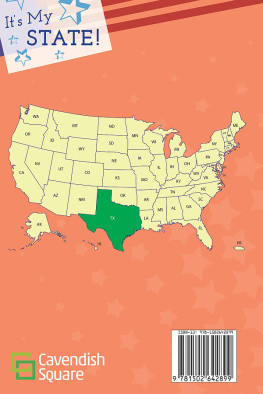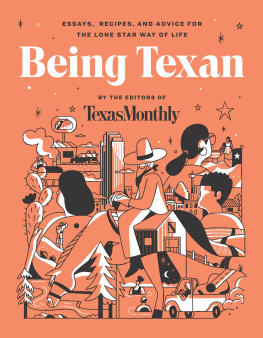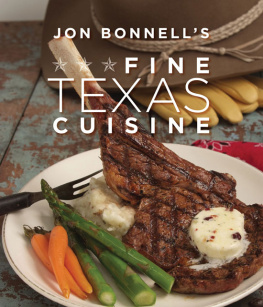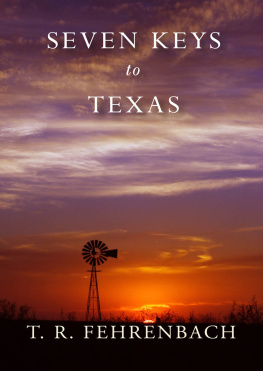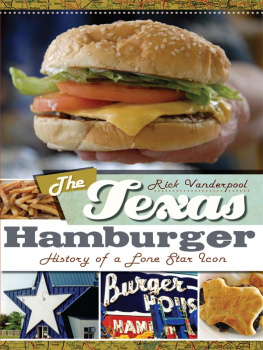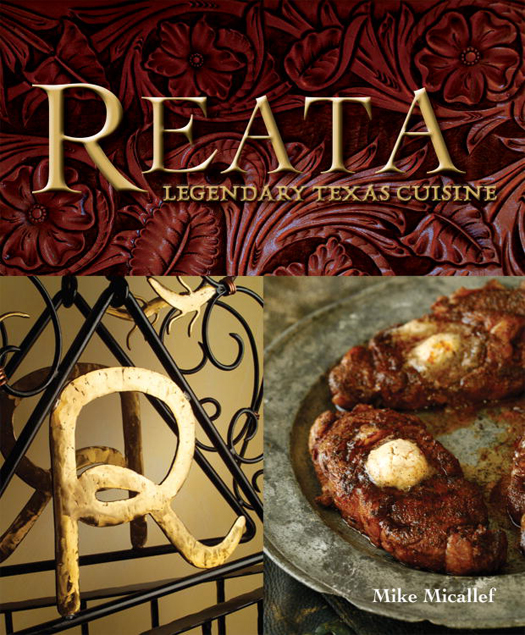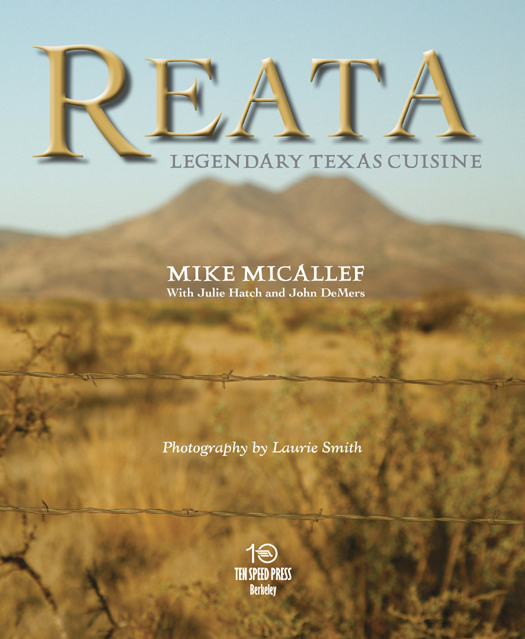Copyright 2009 by Michael Micallef
Photography copyright 2009 by Laurie Smith
All rights reserved. Published in the United States by Ten Speed Press, an imprint of the Crown Publishing Group, a division of Random House, Inc., New York.
www.crownpublishing.com
www.tenspeed.com
Ten Speed Press and the Ten Speed Press colophon are registered trademarks of Random House, Inc.
Library of Congress Cataloging-in-Publication Data
Micallef, Michael.
Reata : legendary Texas cuisine / Michael Micallef.
p. cm.
Includes bibliographical references and index.
eISBN: 978-1-60774-176-3
1. Cookery, AmericanSouthwestern style. 2. CookeryTexas. 3. Reata Restaurant. I. Title.
TX715.2.S69M52 2009
641.59764dc22
2008014635
Jacket design by Toni Tajima
Principal photography by Laurie Smith
Principal food styling by Erica McNeish
Additional images were contributed by the following:
Gil Bartee:
Ken Davis:
Rhonda Hole:
Mike Micallef:
Leo Wesson:
v3.1
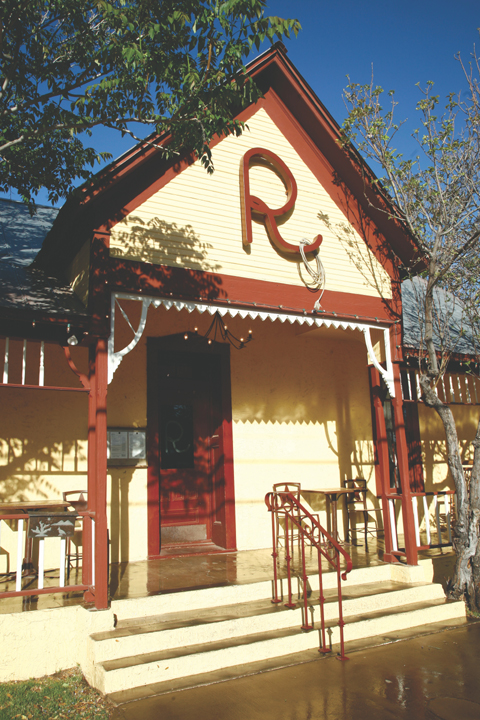
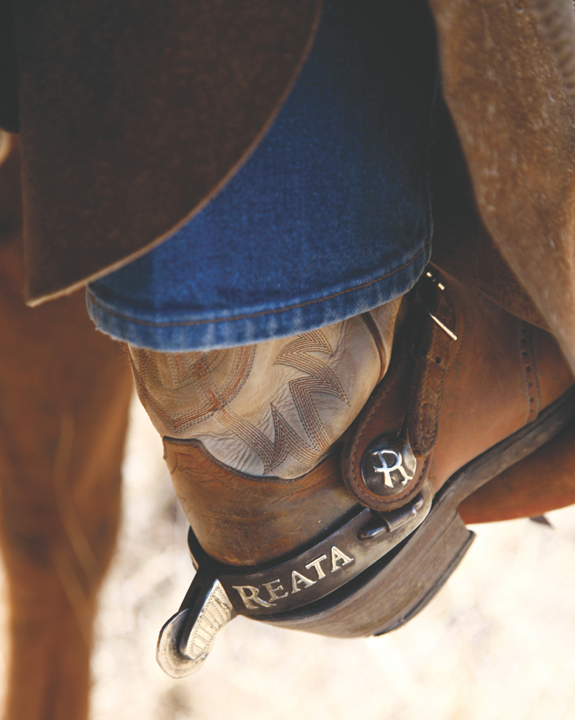
To the Reata family, our guests and employees, all of whom have supported us since we opened the original Reata in Alpine, through the tornado and all its aftermath. For yesterday, today, and tomorroweach of us would be a lone rider without a horse if not for each of you.
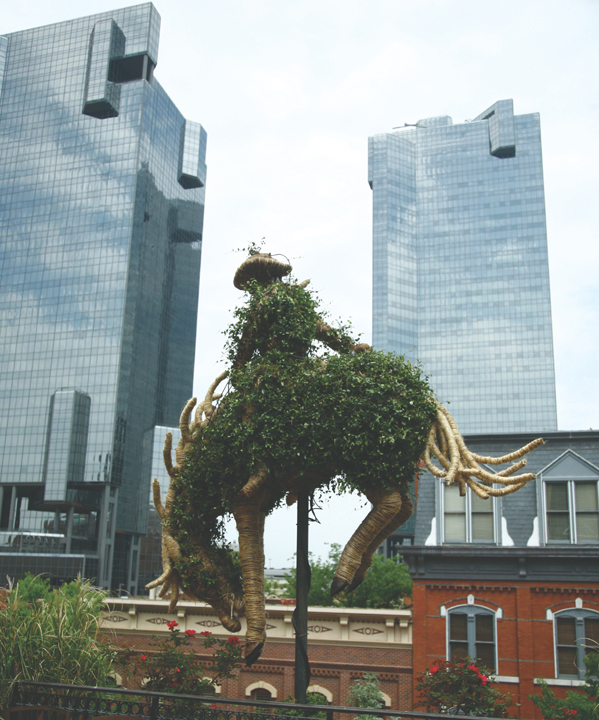
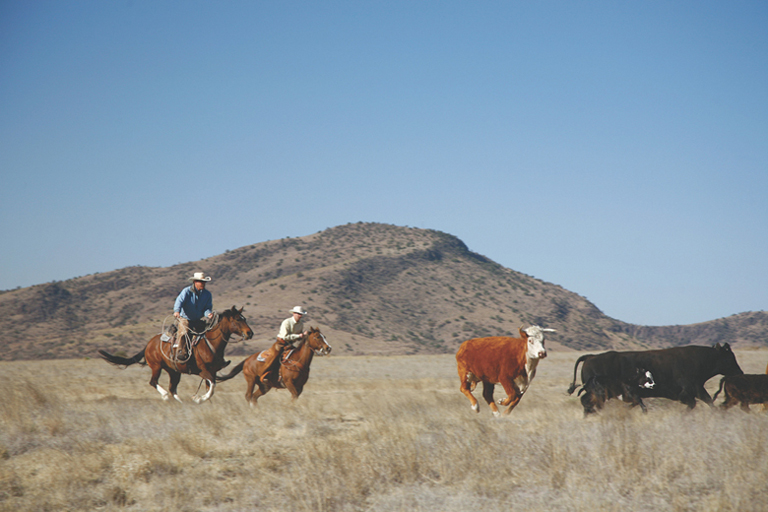
CONTENTS
Introduction
by John DeMers and Mike Micallef
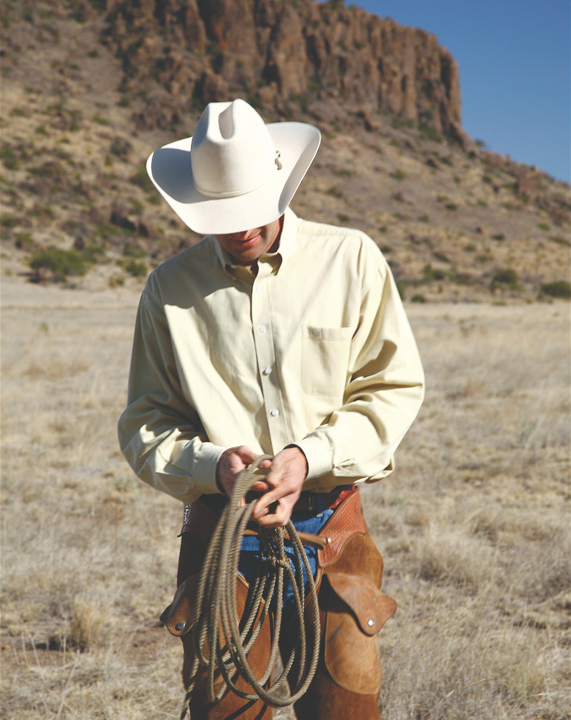
INTRODUCTION
W hen you roll into a new town and step out of your pickup to stretch your legs, you might look to the east and then to the west, but what if nowhere in sight can you spy a promising place to eat? Perhaps you settle for the local greasy spoon, or maybe you climb back in your rig and head on down the highway to the next town. Not my dad. He had just bought the ranch of his dreams in the Davis Mountains of West Texas, and as he saw it, there was only one thing missing. With no great restaurant in Alpine, he identified a business opportunity. But Im getting seriously ahead of myself.
In the spirit of that wonderful old bumper sticker, my dad wasnt born in Texas but he got here as quick as he could. No, let me take that back. I believe that in some profound way, my father, Al Micallef, was born to be a Texan. When he was a boy, he read books about Texas and saw movies about Texasmany of them the cowboy-and-Indian shoot-em-ups that were standard issue for an American male growing up in the 1940s. He even curled up at night beside an old crystal radio, listening to border-blaster radio broadcasts from just across the Rio Grande River, the border between Texas and Mexico. Cowboys and Indians, sheriffs and outlaws, pirate broadcasters, and wildcat oilmenthese werent just characters in stories to my dad as a child in Detroit, of all the unlikely places. In time, they were my dad. It was his destiny to become a Texan.
This book, about the glorious cuisine of the Lone Star State, is also the story of one American family who did, on the giant canvas that is Texas, what American families have always done: sought to make life a little better by taking risks and working hard. Today, our family is most visible in its Reata restaurants, the original in the tiny West Texas town of Alpine, and its much larger sibling in the increasingly sophisticated cowtown of Fort Worth.
Long before Texas meant gushing oil, JR Ewing, or the Dallas Cowboys, it meant steers on the open range. And it took rugged men unafraid of huge risks to take on Mother Nature and just about everybody else to raise cattle. This history has nurtured an attitude held by many Texans of entrepreneurship, those individuals seeing new opportunities and not afraid to bet the farmor the ranchon their next great idea. My father has that entrepreneurial DNA, with a dozen or more other enterprises in which he saw some beckoning opportunity. Truth is, Al Micallef never did anything halfwayhe still doesnt. His life in Texas, and by association all our familys lives here, began with that most classic of Texas dreams: the cattle ranch.
This spirit is Texas to us, and its Texas to millions of others today who have many colors of skin, who follow many faith traditions, who speak many languages. Together, I think I can say, we all want the same thing from this book youre holding in your handsfor you to come to know and love our Texas and her traditions just the way we do.
GONE TO TEXAS
Even for those of us who arrived much later, the words Gone to Texas have had special meaning since the early 1830s. It was in those years, when todays state was Mexican territory remaining from Spains colonial empire, that the call for new settlers was answered all over the young country known as America. History tells us that folks simply packed up their houses and businesses, pointed their wagons west, and left behind only a hand-lettered sign over the door or nailed to the front gate: Gone to Texas. That was all it said. It said a mouthful.
And it still does.
By the mid-1970s, had those settlers managed to stick around, they surely wouldnt have recognized the place. Beginning with momentous discoveries in the early twentieth century, Texas had become an oil and gas empire with considerable affluence and many jobs to spread around. High technology, such as it was back then, had come to Texas with NASA under Lyndon Johnsons space program and dug in as Texas Instruments and a few other early computer companies. No one knew it yet, but the business forces that would one day make Austin a technology powerhouse were beginning to transform Texas from within. So of course, my dad had to go and get all revved up not about oil and gas, not about calculators or computers, but about good, old-fashioned Texas cattle.
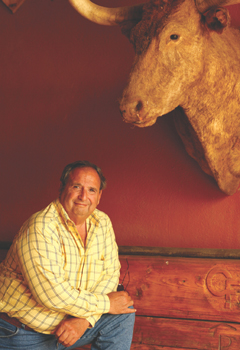
By 1975, shortly before the birth that would make me a native Texan, my father moved his family from Detroit to Fort Worth. As a business prodigy, he had risen to the upper management of a manufacturing firm at the age of twenty-four and decided, in hopes of becoming a cattle rancher too, that the company should essentially post their own Gone to Texas sign. Before long, the manufacturing company had a new home and the Micallef family had embarked on a series of successful cattle ventures in the Fort Worth area. Our first ranch, on the Clear Fork of the Trinity River, took on the name CF. In a state that understood the value of branding


